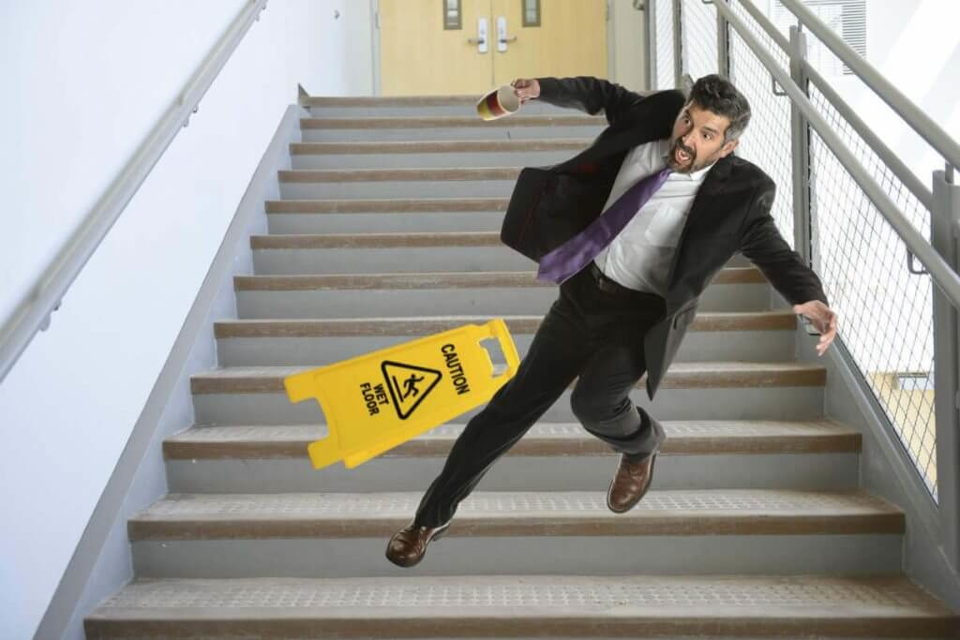Suffering a workplace injury can be overwhelming—physically, emotionally, and financially. Knowing what to do in the immediate aftermath can make all the difference in protecting your health, your rights, and your ability to secure compensation.
At Briggle & Polan, PLLC, we help injured workers throughout Austin and Central Texas navigate the complex world of workplace injury claims—especially when their employer doesn’t carry workers’ compensation. Here’s your step-by-step guide to what you should do after a work injury in Texas.
1. Get Medical Attention Immediately
Your health is the top priority. Even if your injury seems minor, seek medical treatment right away. Not only does prompt care prevent complications, but it also creates a documented medical record of your injury—essential for any insurance or legal claim.
- If it’s an emergency, go to the ER or call 911.
- Otherwise, visit a doctor approved by your employer's insurance (if applicable).
- Follow all medical instructions carefully and attend follow-up appointments.
Failure to seek timely treatment can hurt your health—and your case.
2. Report the Injury to Your Employer (Preferably in Writing)
Texas law requires you to report a workplace injury promptly.
Notify your supervisor or employer immediately after the incident, ideally within 24 hours. Include:
- Date and time of the incident
- Location where it occurred
- A description of what happened
- Names of any witnesses
Even if you report it verbally, follow up in writing—email or a written statement—and keep a copy for your records.
Note: Failing to report in a timely manner may make you ineligible for workers' compensation or weaken your case against a non-subscriber employer.
3. Document Everything
Strong documentation is key to proving liability and damages. Start collecting evidence as soon as possible:
- Photos or videos of the accident scene and any hazards
- Pictures of your injuries
- Copies of medical records and bills
- Contact info for witnesses
- Communications with your employer or insurance adjuster
- Records of missed work and lost wages
Keep everything organized in a secure place—these documents will form the foundation of your claim.
4. Determine Whether Your Employer Has Workers’ Compensation
Unlike most states, Texas allows private employers to opt out of the workers’ compensation system. This is a critical step in understanding your legal options.
Here's how to find out:
- Ask your HR department
- Check your employee handbook
- Call the Texas Department of Insurance at 1-800-252-7031 or the Texas Workforce Commission at 1-800-558-7492
If your employer does carry workers’ comp, you’ll need to file a claim through that system. If not, you may have a personal injury claim against your employer under Texas nonsubscriber law.
Need help determining what type of claim to file? Learn more about compensation options after a workplace injury.
5. Be Careful with Insurance Companies
After you report the injury, you may receive calls from your employer’s insurance provider. They may request:
- A recorded statement
- A signed medical release
- Other documents
Caution: Don’t give a recorded statement or sign anything without first consulting a workplace injury attorney. Insurers are trained to minimize payouts—and anything you say could be used against you.
6. File a Workers’ Compensation Claim (If Applicable)
If your employer carries workers’ comp, file your claim as soon as possible. Include:
- Detailed incident report
- Medical evidence and treatment documentation
- Any supporting witness statements
Texas workers' comp may cover:
- Medical care
- Partial wage replacement
- Temporary or permanent disability benefits
Your attorney can help ensure your claim is properly filed and fully supported.
7. Follow Your Doctor’s Instructions
Sticking to your treatment plan is essential—not just for healing, but for proving that your injuries are serious and ongoing. Skipping appointments or failing to follow advice can give the insurance company an excuse to deny or reduce your claim.
8. Track All Expenses and Lost Wages
Make note of every out-of-pocket expense related to your injury, such as:
- Medical bills
- Prescription medications
- Travel costs for medical visits
- Lost income from missed work
- Home modifications (if needed for mobility)
This documentation supports both insurance and legal claims for full compensation.
9. Speak to a Texas Workplace Injury Attorney
Whether your employer has opted into workers’ comp or not, consulting a lawyer early on is the best way to protect your rights. You may be entitled to more than just medical bills and lost wages—especially if employer negligence caused the injury.
An experienced attorney can:
- Investigate the accident
- Determine fault and legal responsibility
- Help you navigate Texas’ unique nonsubscriber laws
- Negotiate with insurance companies
- Take your case to court if necessary
Speak with our Austin workplace injury lawyers today.
Have You Been Injured at Work? We Can Help.
At Briggle & Polan, PLLC, we represent injured workers across Austin, Travis County, Williamson County, and surrounding areas. Whether your employer has workers' comp coverage or not, you may still be eligible for compensation—and we’ll help you fight for it.
Call (512) 400-3278 or contact us online for a free consultation. We’re available 24/7—and if you can’t come to us, we’ll come to you.



.2309180938550.jpg)




